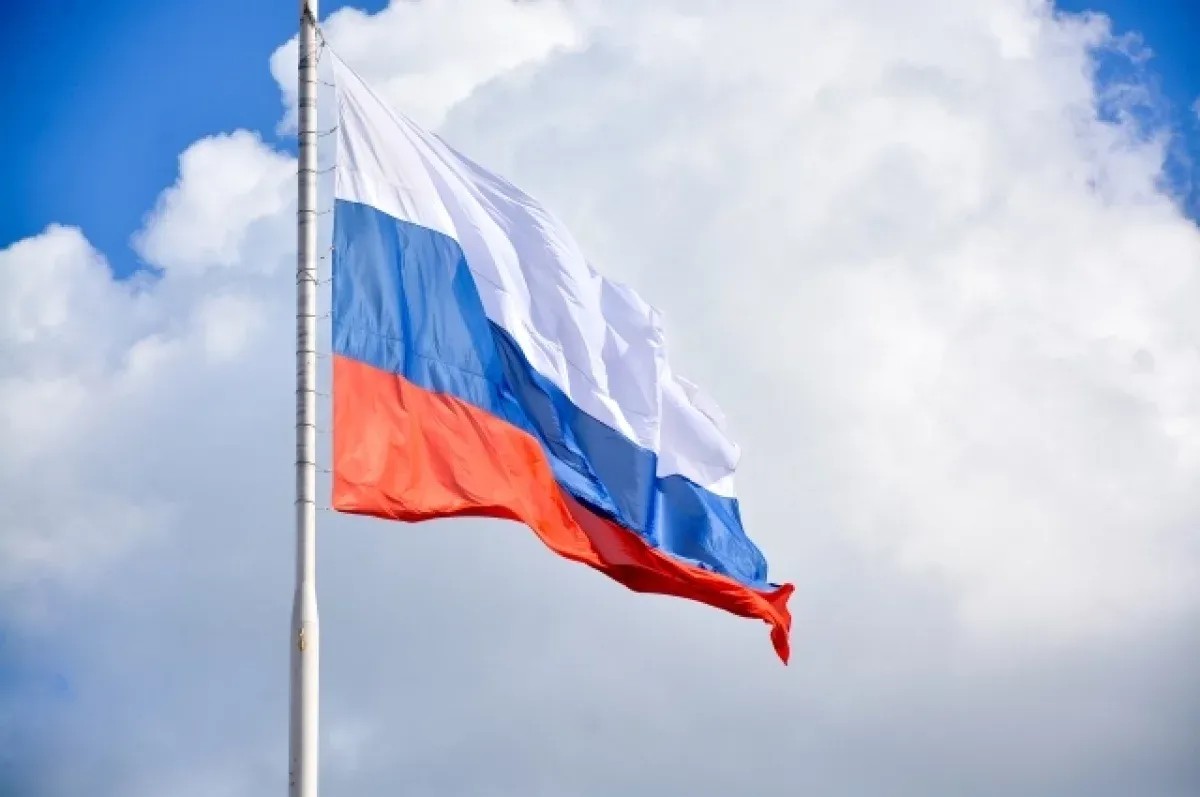
Courts in Karachay–Cherkesia and Kabarda–Balkaria have issued fines to eight individuals who refused to stand during the playing of the Russian national anthem at sporting events. They were each fined ₽2,000 ($25), including two minors.
The issuance of the fines was reported by the Interfax news agency on 4 April, citing Karachay–Cherkessia’s Ministry of Internal Affairs.
According to the ministry, the incidents took place in January and February 2025 during sporting events in both republics. It was stated that the participants’ actions were ‘deliberate’, which, according to the authorities, falls under a violation of the official rules on the use of state symbols, as stipulated by Article 17.10 of Russia’s Code of Administrative Offences.
Later, in late March, a similar incident was recorded in Karachay–Cherkessia when the Russian national anthem was played during an official congress of a local public organisation. The republic’s Ministry of Internal Affairs told Interfax that officers from the local Centre for Countering Extremism identified two participants who remained seated during the anthem. Administrative protocols were drawn up under the same article and submitted to the court. No further details about this case have been made public.
Article 17.10 of Russia’s Code of Administrative Offences establishes liability for violating the rules on the official use of Russian state symbols — the flag, coat of arms, and the national anthem. Penalties under this article include a warning or a fine ranging from ₽1,000–₽3,000 ($13–$35) for individuals.
Although this article has existed for years, its application to situations involving refusals to stand for the anthem is a relatively new development. Such cases are becoming more frequent amid broader efforts to monitor and penalise perceived ‘disrespect’ towards state symbols.
Similar incidents have been recorded in other parts of Russia, including in other North Caucasian republics.
In July 2024, a magistrate’s court in Nalchik fined eight people ₽3,000 ($35) each for not standing during the national anthem at a school graduation ceremony. The case drew attention after a complaint was filed by Andrei Kartapolov, a member of the Russian parliament.
In August 2024, several football fans at a match between Dynamo Makhachkala and Krylia Sovetov in Daghestani Kaspiysk remained seated during the anthem. The incident caused public outcry on social media, and the football club issued a statement saying it ‘strongly disapproved’ of such actions.
Since 2018, weekly flag-raising ceremonies and the playing of the anthem have been mandatory in Russian schools. The initiative has been actively promoted by Russia’s Ministry of Education and regional governments. Particular attention has been paid to its enforcement in North Caucasian republics, where there has historically been a degree of separation between federal identity and local traditions. Authorities in these regions often demonstrate loyalty to the federal centre through increased control over public displays of ‘patriotism’.









